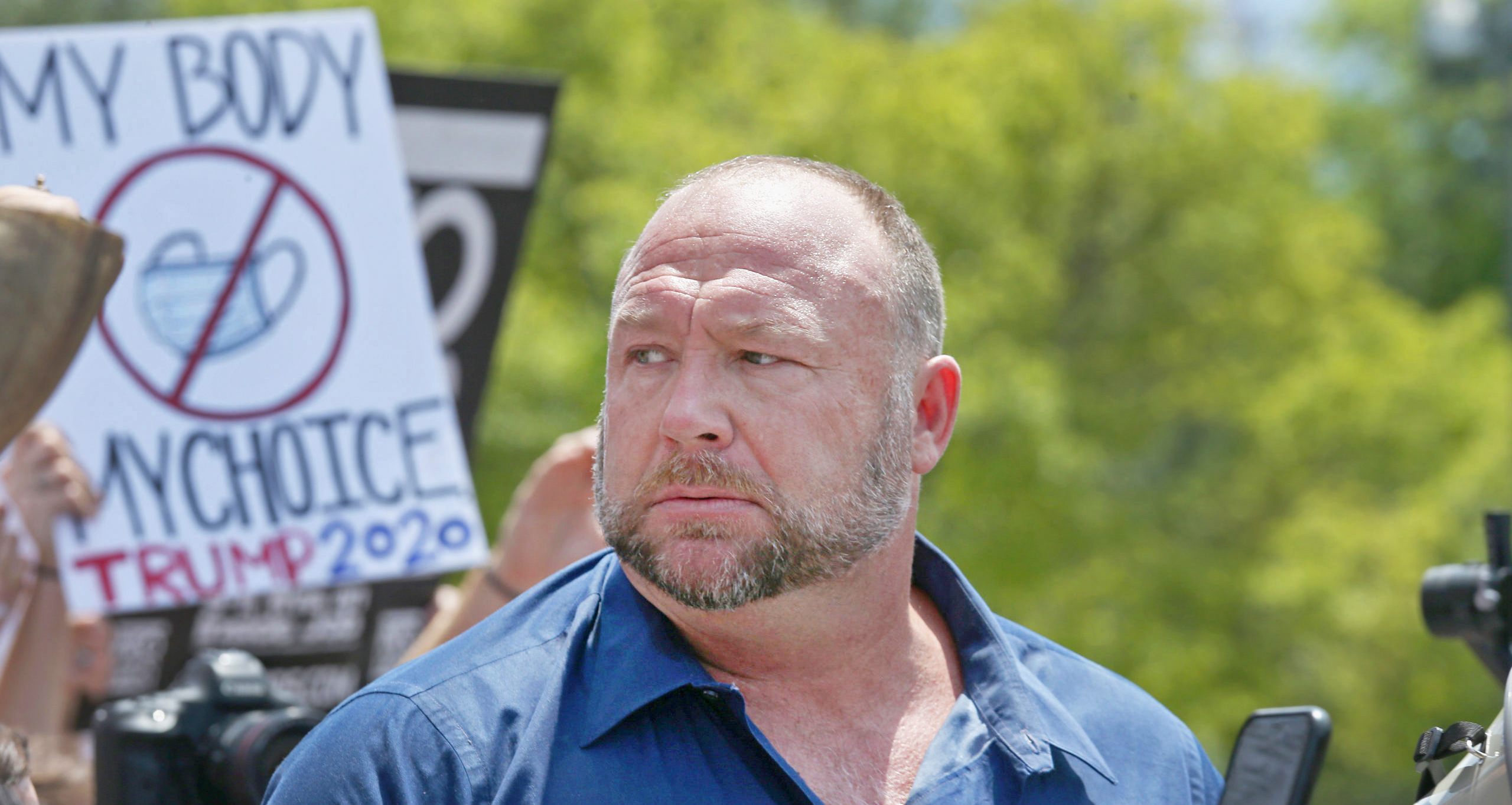Is Austin, Texas, the new mecca for non-conformists? With all the hype surrounding Joe Rogan and Elon Musk’s recent moves to the city, and the announcement of The University of Austin, a new institution of higher learning staffed by dissident academics, you might be forgiven for thinking so.
The truth however is that the capital of the Lone Star state has been “keeping it weird” for some time now. Unlike Houston with its oil or Dallas with its long list of Fortune 500 companies, Austin has until recently developed at an amiable pace. A college town with lots of state jobs, it was a liberal enclave in a sea of Red, while cheap housing and a laid-back attitude made it a place where eccentrics, artists and weirdoes could survive. Thus Austin spawned counter-culture figures such as Alex Jones (famous on local public access TV long before he went global), Daniel Johnson (bizarre singer-songwriter who suffered from mental illness) and Jack Jackson (the first underground comix artist). Indeed, for many years one of the city’s most famous residents was Leslie Cochran, a homeless man given to wearing thong bikinis who ran for mayor three times. When Robert Plant of Led Zeppelin wanted to live like a normal person and buy his own cheese, he moved to Austin.
But even as the city proved hospitable to eccentrics, so too it was developing as a tech hub. IBM has been a major presence for decades, while Michael Dell set up shop in the suburb of Round Rock, where Tobe Hooper shot much of The Texas Chainsaw Massacre. North Austin is home to the largest Apple campus outside of Cupertino, and many other firms from Amazon to Google to Facebook have increasingly large numbers of employees here.
If you compare Austin now to the city I moved to 15 years ago, the transformation is stunning. Today the downtown skyline is full of skyscrapers where once there were none; house prices are surging (as is the murder rate); yet even so the city’s reputation as a groovy freewheeling locus of weirdness persists. I met some friends from Portland over the weekend and they couldn’t stop talking about how free they felt, how liberating it was that they didn’t have to wear masks or conceal their opinions for fear of social ostracisation.
Yet there is a strong contingent in Austin that supports policies of the sort that you see enacted in Portland or San Francisco. Last year, for instance, the city council voted to reduce the police budget by a third. But Texas radicals must always reckon with the Republican in the governor’s mansion, who constantly seeks to thwart their efforts. During the pandemic the authorities in Austin sought stricter lockdowns and mask mandates; it was the state that kept throwing spanners in the works.
As for the new university, I was struck by a comment Niall Ferguson made in his piece in Bloomberg explaining why he and the other founders chose Austin. “Proximity to a highly regarded public university,” said Ferguson, “…will ensure that the University of Austin has to compete at the highest level from the outset”. But while it is certainly true that the University of Texas at Austin (to which he refers) has a good academic reputation, FIRE ranks it a miserable 102nd out of 154 colleges surveyed when it comes to free expression. In that regard, the bar is set very low indeed, and so it shouldn’t be too difficult for Ferguson and his colleagues to maintain the city’s tradition and help “Keep Austin Weird”.











Join the discussion
Join like minded readers that support our journalism by becoming a paid subscriber
To join the discussion in the comments, become a paid subscriber.
Join like minded readers that support our journalism, read unlimited articles and enjoy other subscriber-only benefits.
Subscribe